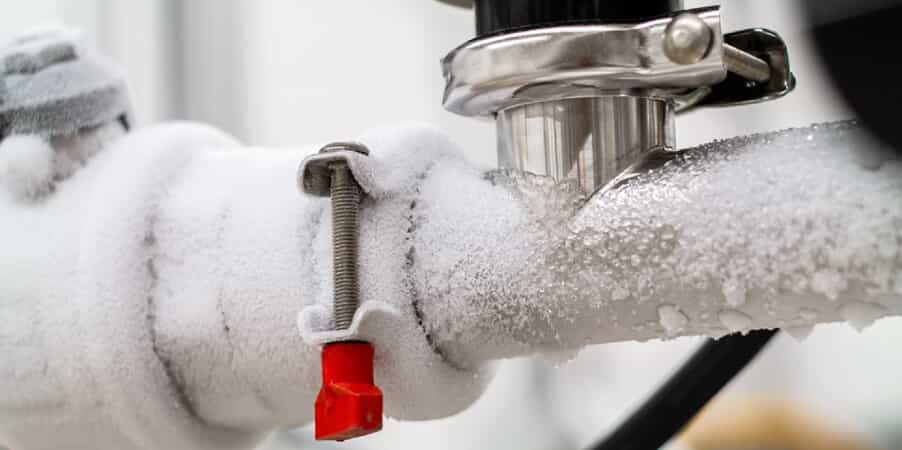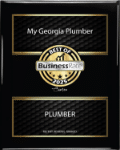
How to Prevent Frozen and Broken Water Pipes: Essential Tips for Homeowners
As temperatures plummet during a cold spell, homeowners in Georgia, including Atlanta and surrounding areas, face the risk of frozen and broken water pipes. In this article, we’ll explore why pipes freeze and break, and provide you with practical steps to prevent such plumbing emergencies during the chilly winter months.
Understanding the Risks of Frozen and Burst Pipes:
- Expansion due to freezing: Water expands by approximately 9% when it freezes, exerting immense pressure on the pipes.
- Vulnerable locations: Pipes near outside walls or in unfinished areas, such as crawl spaces, garages, attics, and basements, are more likely to freeze. Outdoor hose bibs, pool lines, and sprinkler systems are also at risk.
Steps to Prevent Frozen Pipes:
- Protect outside water line shut-off valves and equipment: Safeguard outside water faucet hose bibs, water softener equipment, pool equipment, sprinkler systems, and backflow preventers, if installed.
- Shut off outside hose bibs: Close the shut-off valves to all outside hose bibs and allow the water to drain completely from the pipes.
- Seal off entry points: Keep garage doors and basement entries tightly closed if they contain water supply lines or valves.
- Open cabinet doors: During freeze warnings, open kitchen and bathroom cabinet doors located on outside walls. This allows warmer air to circulate and keeps the pipes above freezing.
- Insulate exposed water piping: Insulate areas with unheated water supply lines, such as crawl spaces, garages, basements, attics, and cabinets against outside walls. Both hot and cold water lines should be insulated.
- Maintain consistent thermostat settings: Avoid altering temperature settings on your thermostat during frigid cold snaps. Keep the thermostat at a consistent temperature, even at night. If leaving for an extended period, don’t set the thermostat below 60 degrees F.
- Ventilate attics with water pipes: If you have water pipes in your attic, open access doors or stairs to allow warm air circulation and prevent freezing.
- Protect the water heater: Consider installing a Water Heater Blanket to safeguard your water heater and maintain its temperature.
Dealing with a Broken Pipe:
- Locate and understand your main water shut-off valve: Every household member should know the location and operation of the main water shut-off valve. This knowledge can prevent extensive flooding and damage during critical failures.
- Contact professional assistance: If you experience a frozen or broken water pipe, contact reliable technicians who can help locate the shut-off valve, mitigate the damage, and perform necessary repairs.
By implementing these preventive measures, homeowners can reduce the risk of frozen and broken water pipes, minimizing the potential for costly repairs and water damage. Remember to rely on professional assistance when needed.











